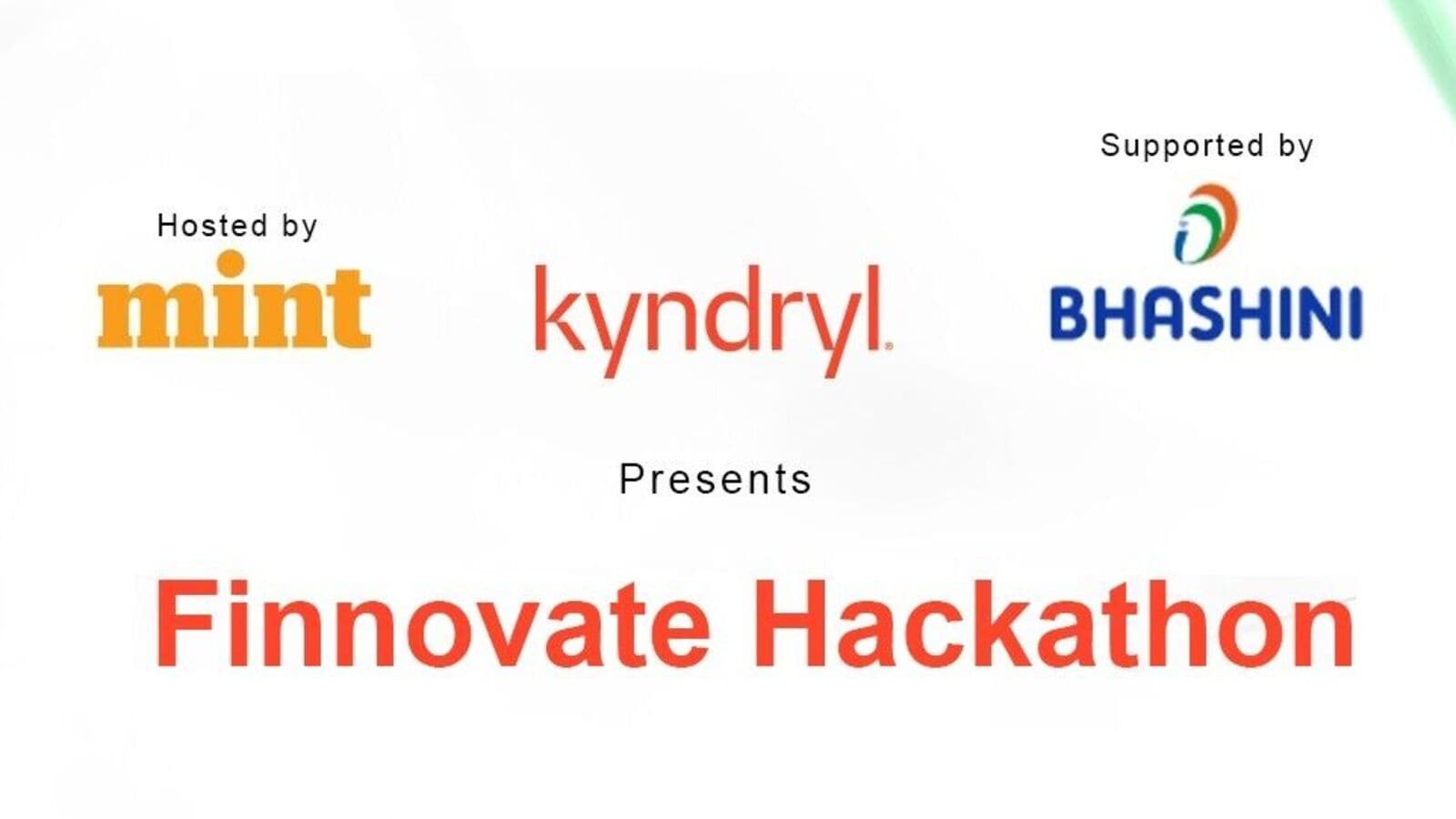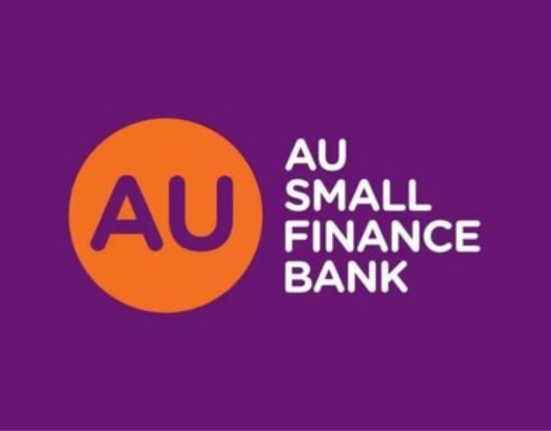The Indian finance and banking sector is experiencing a phenomenal change. Accelerated digitisation, the emergence of fintech start-ups, and increasing customer expectations are revolutionising the way the financial sector works. With this change comes an unprecedented set of challenges—especially in a nation as linguistically and digitally diverse as India.
Language remains one of the biggest barriers to financial inclusion for all today. Millions of Indians are struggling to access the banking system effectively due to the dominance of English and limited regional language support on digital channels. At the same time, the industry is being required to make things simpler, more personalised, and automated with document-intensive processes such as lending and KYC. These are not tech gaps—these are inclusion and growth barriers.
Enter Finnovate Hackathon, a collaborative initiative designed to address precisely these issues.
What Is the Finnovate Hackathon?
Finnovate Hackathon is a unique platform for fintech and banking startups and Independent Software Vendors (ISVs) where they can innovate, cooperate, and create high-impact ideas to address some of the most pressing issues in the Indian financial ecosystem.
Organised by Mint, sponsored by Bhashini, and chaired by Kyndryl, the hackathon aims to encourage experiential, scalable, and technology-based solutions to five key problem statements that are the most urgent operational and customer experience challenges of banks in the current times.
Solving Real Banking Problems Through Innovation
The hackathon’s themes are rooted in real-world friction points:
- Breaking Language Barriers: Participants are tasked with leveraging AI-powered translation and conversational interfaces to make banking services accessible in multiple Indian languages.
- Digital Transformation: Innovators will work on enhancing OCR and multilingual translation capabilities to streamline document processing—a common roadblock in areas like loan applications and onboarding.
- Personalised Customer Experience: Teams are expected to develop multi-lingual virtual assistants that can integrate seamlessly with core banking systems, offering personalised support to users in their preferred language.
- Multilingual Product Promotion & Day-to-Day Activities: Addressing everyday use cases, this problem statement calls for AI-driven solutions that break language barriers in marketing and daily banking interactions.
- Unified Lending Interface (ULI): By digitising and applying OCR to loan documents, participants can contribute to a more efficient and user-friendly lending experience.
- Financial Services LLM: Another challenge involves developing a specialised Large Language Model (LLM) trained on financial terminology, with the potential to revolutionise customer interactions, analytics, and backend operations.
Each of these themes reflects the current gaps in India’s banking infrastructure—gaps that, if addressed effectively, could unlock the next wave of digital banking growth and financial inclusion.
Who Can Participate?
Finnovate isn’t your average hackathon open to all developers or students. It specifically invites:
- Independent Software Vendors (ISVs) operating in the fintech and banking domains.
- Startup teams with experience in BFSI.
- Banking and Financial Institution representatives looking to co-develop solutions.
- Technology Experts specialising in AI, machine learning, and OCR.
Participants must form a team of 2 to 4 members. The first registrant becomes the team leader, who then invites others. Importantly, all team members must be employed by a startup or ISV operating in the BFSI space, students and unemployed individuals are not eligible.
Cross-company teams are permitted, allowing diverse collaboration across the sector. However, participants must choose one of the problem statements, and that track must remain consistent for all team members.
Rules, Ethics, and Conduct
The participants are required to follow a well-defined code of conduct:
- All the work should be original and done within the hackathon period. Pre-written, third-party, or AI-written code will result in disqualification.
- Projects should be in on time; late submissions will be at the organisers’ discretion.
- Participants consent to uphold principles of respect and integrity, thereby fostering a positive and inclusive atmosphere consistently.
The assessment of an individual’s employment status may occur at any time, with inconsistencies potentially leading to the disqualification of a team. Such safeguards are designed to maintain the event’s professionalism, focus, and adherence to its fundamental objectives.
Why Kyndryl Is at the Centre of It All
As a global leader in mission-critical enterprise technology services, Kyndryl is no stranger to complexity. In India, Kyndryl supports major BFSI institutions—including both small finance and large-scale banks—on their digital transformation journeys. Their involvement in Finnovate reflects a strong belief in building agile, inclusive, and customer-centric solutions through collaboration.
The term “Kyndryl” summarises this spirit, “Kyn” for affiliation and kinship, and “-dryl” borrowed from tendrils, thus reminding one of new growth. Finnovate is an extension of these principles; it is a program designed to foster new ideas, encourage closer affiliation of fintech with traditional systems, and spur growth of the banking ecosystem in a direction that includes everyone.
Bridging the Future of Indian Banking
India’s financial sector is at a crossroads. On one hand, we have cutting-edge AI and digital capabilities; on the other, we have fundamental issues of accessibility, language, and outdated manual processes. Competitions like the Finnovate Hackathon are not just competitions but drivers of change. They bring together the industry’s best minds to break through barriers and solve challenges that have far-reaching real-world consequences.
With its cutting-edge focus on multilingual solutions, document digitisation, and smart customer service, Finnovate has the potential to be a trendsetter for a more inclusive and smart banking experience—one in which language, accessibility, and innovation harmonise with each other.







